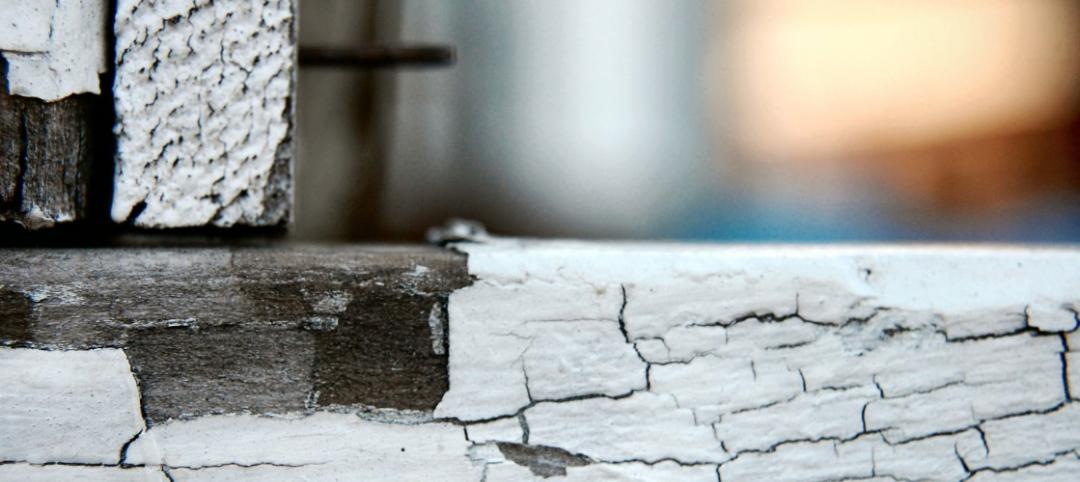Bureaucratic ineptitude ruined the U.K.’s disastrous home retrofit program, and the U.S. could draw valuable lessons from the debacle.
Last summer the U.K. unveiled a “build back better” economic stimulus package that was centered around a $2 billion program to retrofit homes. The program was supposed to fund energy efficiency and clean heat upgrades in 600,000 homes, but it was canceled recently after a six-month effort that may have killed more jobs than it created.
The Green Homes Grants program allowed most U.K. homeowners and landlords to receive up to about $6,900 to help pay for insulation, electric heating systems, and other energy-efficient upgrades such as new windows, doors, and heating controls. Low-income homeowners were eligible for up to nearly $14,000.
But, in order to apply, building owners had to obtain a quote from an accredited installer—few of which existed. Installers were reluctant to go through the time-consuming and expensive process of getting accredited without a longer-term assurance that there would be work. Program administrators often rejected quotes for being too high, asking applicants to provide more details or seek out additional estimates. Many homeowners dropped their retrofit plans as a result.
Retrofitting homes is a major part of the Biden Administration’s $2 trillion American Jobs Plan aimed at economic recovery from the COVID-19 recession. The administration can look across the Atlantic as a lesson on how to avoid failure.
Related Stories
| Mar 27, 2013
Open discussion of regulations on tap at AGC’s 2013 Federal Contractors Conference
The AGC Federal Contractors Conference provides a venue for contractors and federal agency personnel to meet in a collaborative forum to review federal construction contracting issues from around the United States.
| Mar 27, 2013
New BACnet standard offers significant improvements to alarm handling
Changes to the newly published BACnet standard from ASHRAE will encourage smart building automation controls systems including alarms.
| Mar 27, 2013
CEIR releases tool that measures energy, environmental benefits of roof systems
The Center for Environmental Innovation in Roofing (CEIR) released its new RoofPoint Energy and Carbon Calculator that is designed to help roofing professionals measure the energy and environmental benefits of modern roof system technologies.
| Mar 27, 2013
Sustainable wood controversy leads to LEED ‘backlash bill’ in Florida House
A Florida House bill that says state agencies should decide on a project-by-project basis which green certification standards are used on state construction passed a subcommittee vote 12-1.
| Mar 19, 2013
Colorado Zero Energy District project shows how businesses can reach zero-energy standard
An ambitious experiment in Fort Collins, Colo., is supporting development of the nation’s first major urban zero-energy district.
| Mar 19, 2013
New LEED for Neighborhood Development and Historic Preservation guide released
A new guidance manual, LEED for Neighborhood Development and Historic Preservation, outlines strategies geared towards helping building teams incorporate historic resources into their developments.
| Mar 19, 2013
Senate bill would reform EPA’s lead renovation, repair, and painting rules
A bill to reform the EPA’s Lead Renovation, Repair, and Painting Rule (LRRP) was recently introduced in the U.S. Senate.
| Mar 19, 2013
Boston mayor’s energy efficiency disclosure rule under fire
A proposed ordinance in Boston mandating energy audits is coming under criticism from the Greater Boston Real Estate Board and others as being too costly and intrusive.
| Mar 18, 2013
USGBC to GAO: 'Schools need over $271 billion in maintenance fixes'
The Center for Green Schools at the U.S. Green Building Council (USGBC) has released its first “State of our Schools” report, highlighting the critical need to modernize school facilities to meet current health, safety and educational standards.
| Mar 14, 2013
Survey: Market demand now key driver for green construction
Construction firms across the world expect 60% of their projects to be environmentally friendly by 2015, according to the SmartMarket Report of McGraw-Hill Construction.













